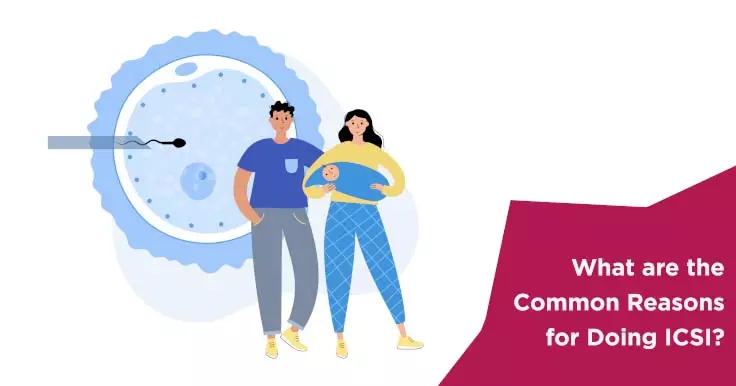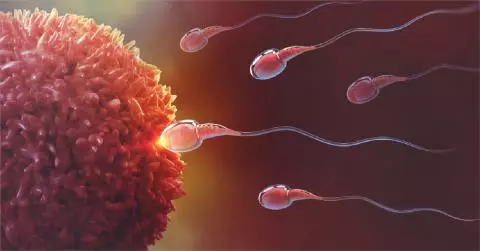Why Choose ICSI? Key Reasons for Intracytoplasmic Sperm Injection

ICSI or intracytoplasmic sperm injection is a procedure sought by couples who have been facing difficulty getting pregnant after repeated attempts. It is a micromanipulation technique used in the process of IVF that differs from the conventional method of IVF where the egg and sperm collected are allowed to fertilise in a dish to achieve fertilization successfully.
How is ICSI Different from Conventional IVF?
In ICSI, the laboratory procedure followed is to select a single sperm and inject it into the cytoplasm of the egg with the help of a fine glass needle or micropipette. The process is effective even with a sperm sample with a lower count of sperm cells. The procedure followed from a patient perspective is exactly that of a conventional IVF procedure.
The procedure carried out is performed in laboratory conditions under the supervision of experienced embryologists with the aid of specialist equipment. The advantage of ICSI is that the ability of the sperm to penetrate the egg is no longer relied upon.
Common Reasons for ICSI
In certain cases, the sperm cannot penetrate the outer layer of the egg due to reasons such as a thicker cover of the egg. As ICSI can eliminate the need for this, it could be of aid to couples who have had failed attempts of an IVF cycle in the past. Other common reasons for ICSI being recommended are listed as follows:
- The male partner may produce a sample of low sperm count that causes failure in conventional IVF
- The sperm may move in an unusual manner
- The sperm can have trouble attaching itself to the egg and further penetrating it to reach the insides for fertilization
- Blockage in the male reproductive tract, which would demand sperm when retrieved through a surgical extraction
- Usage of In-vitro matured eggs
- Usage of frozen eggs
Success Rates of ICSI
ICSI has a higher chance of success as compared to other assistive reproduction technologies due to its precision. However, the procedure cannot guarantee fertilization as the normal cellular events of fertilization still need to occur naturally after the placement of the sperm in the egg.
Around 80% of eggs are fertilized with the help of this technique and the success rate for ICSI can also depend on the age of the woman and the underlying cause of infertility. Once a successful fertilization occurs and the transfer to the uterus is complete, the chances of a couple giving birth to a single child or twins remain the same as conventional IVF.
 Infertility Counselling
Infertility Counselling Female Infertility Treatment
Female Infertility Treatment Andrology Treatment
Andrology Treatment Fertility Enhancing Surgeries - Female
Fertility Enhancing Surgeries - Female Fertility Enhancing Surgeries - Male
Fertility Enhancing Surgeries - Male Endoscopy Treatment
Endoscopy Treatment IUI Treatment
IUI Treatment IVF Treatment
IVF Treatment ICSI Treatment
ICSI Treatment Advanced IVF Solutions
Advanced IVF Solutions Embryology
Embryology Vitrification Egg, Embryo, Sperm Freezing
Vitrification Egg, Embryo, Sperm Freezing Preimplantation Genetic Testing (PGT)
Preimplantation Genetic Testing (PGT) Donation Program Embryo / Egg / Sperm
Donation Program Embryo / Egg / Sperm Self-cycleTM IVF
Self-cycleTM IVF

 Self-cycleTM IVF
Self-cycleTM IVF









